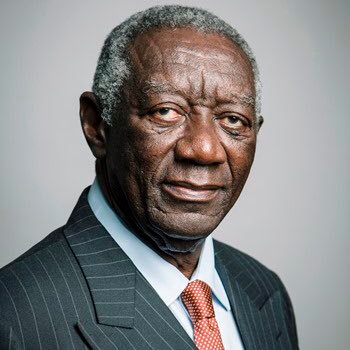I vividly remember how the Ghana government led by President John Agyekum Kufuor behaved in the run-up to the 2008 General Elections. The government had done so much with respect to the economy, putting in place social interventionist policies, etc and thus believed that there was no way the party was going to lose power in the medium term. Some appointees even went as far as proclaiming that they’d be in power for forty years,etc.
In that milieu, I recollect once when a radio caller complained on Peace FM’s Kokrokoo programme complaining about Ghanaians being hungry, Mr. Stephen Asamoah-Boateng who was a guest on the show said they should go and eat gari and kokonte. It was very common to hear government people scream from the roof tops that it was only the NPP that could offer Ghanaians the kind of good governance and economic policies that they were witnessing. Without any criteria, the President presented States Awards given to several of the government appointees and persons sympathetic to it and in a bizarre twist created a new category for himself. It was as though they were invincible and controlled all that they surveyed.
The more their attention was drawn to it, the more they had a certain posture of ‘yentie obiaaa’. These and many others cleared the remaining goodwill that the Kufuor-led government had of the eight years term. Then election came and the party’s flagbearer, Nana Addo Akufo-Addo failed to get the 50+1%. Immediately, it dawned on them that Ghanaians could not be fooled and appointees were all over the place begging. Madam Christine Churcher did a tour of all the coastal towns in Central Region begging for forgiveness while Jake Obetsebi-Lamptey did same in Greater Accra as Messrs Stephen Ntim and F.F. Anto took to Brong Ahafo and Ashanti Regions respectively.
Well, the run-off came and as predictable as it was, the NPP lost by an even wider margin. The loss which was the slimmest ever in Ghanaian history (40,000 votes) was extremely painful for a party in government which believed in itself as having given Ghanaians a very credible tenure of office. Ultimate power rested with the people and they had spoken. Actions subsequently taken by the New Patriotic Party (now in opposition) appeared to have given the impression that they had learnt very useful lessons. Unfolding events later in government were however to show anything but that.

As fate would have it, the NPP was elected once again into government in 2016 and one would have thought that those episodes of the past would guide the actions and inactions of the new government appointees. This was especially so, as quite a number of them had been active in the erstwhile NPP team in government under President John Agyekum Kufuor. But this was an utopian dream.
Whereas it is a fact that the levels of impunity by appointees of governments has been with us since the First Republic, it is also undeniable that the levels of impunity exhibited by appointees and party apparatchiks of the current Akufo-Addo-led government has been the most repugnant. This was visibly evident on all fronts of national life. The many appointees of government and hangers-on were regularly seen flagrantly abusing power on the roads of our country. Most all of these persons have acquired dark-coloured SUVs (mostly Landcruisers) which they subsequently had installed on them micro LED flash strobe lights.
Once this was done, they bulldozed their way through on our roads and most often forced their way through heavy traffic sometimes even damaging vehicles of others. Interestingly, the more road users express their abhorrence to the practice, the more these recalcitrant road users continued it.
Even though our laws clearly indicate that only the President and his Vice together with ambulances, fire engines and police vehicles on emergency operation were the only ones entitled to this kind of arrangement, these apparatchiks simply did not care.
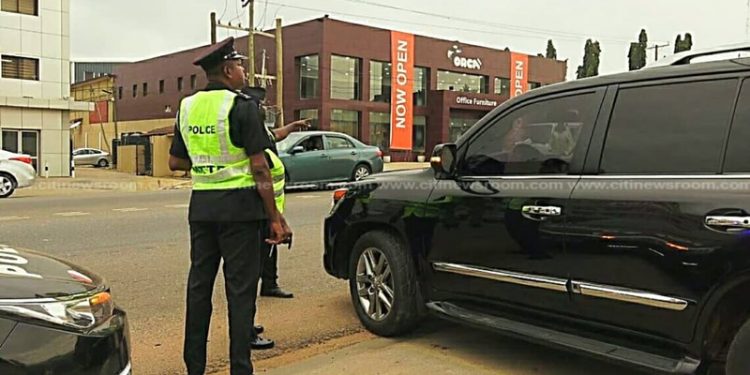
When it appeared the situation had gotten to its peak, Citi FM and Citi TV launched a war against Indiscipline on our roads ostensibly to name and shame offenders irrespective of status. Ghanaians gave the initiative a huge thumbs up. The initiative also got the support of Ghana Police Service, Driver and Vehicle Licensing Authority as well as National Road Safety Authority. The programme was largely very successful as it put the fear of God in most road motorists including some very recalcitrant politicians who brazenly threatened journalists on national television. Then from nowhere, the programme was truncated. Why, we never got to know except for hints from the Citi authorities of interference by persons in higher authority. Oh Ghana, why?
Thereafter, occasional reminders from the Police hierarchy were issued but even these made no difference and the poor Ghanaian citizens had to endure this practice all through the government’s tenure. All it took was for people to purchase black SUVs and with those micro LED flash strobe lights, the road was part of their property. That impunity that made these appointees and hangers- on to behave as though they were more Ghanaian than the others who put them there, was sickening to the core and yet government did absolutely nothing to stem the tide.

Upon assumption of office, the government had inherited a badly-managed banking sector which was gradually beginning to give way. The government took the bull by the horn and undertook a very thorough clean-up of the banking sector, in the process liquidating several banks and forcing mergers and acquisitions. The process led to hundreds of thousands of ordinary citizens losing their savings and investment. Many others who were either employees of these banks lost their jobs while others who were service providers also lost their income streams. Rather than assuage the pain of all these people, people rather expected to be pat on the back for saving the economy which would have collapsed if those decisions had not been taken. Though it may have been right on one score, the lack of sensitivity by authorities in its posturing was sad to say the least.
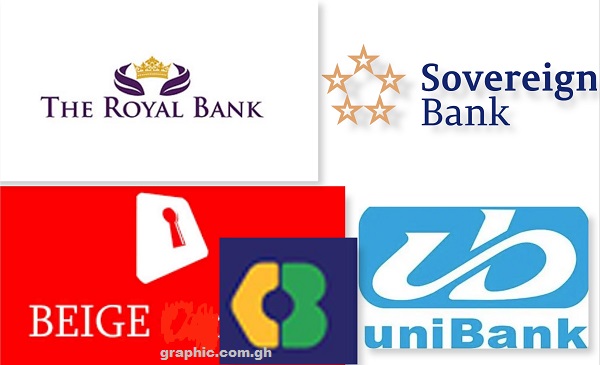
Again, the NPP in their political campaigns of 2016, appear to have indicated quite clearly their willingness to ensure that all who had lost monies were going to be helped to recover them. Interestingly when it assumed office, these poor customers were being taunted for being ‘stupidly allowing themselves to be duped while the proprietors of those investment and ‘ponzy’ schemes were left the hook. Infact, the posture of some of them gave the impression as though they wereactually being protected by the State.
In 2017, images and videos of water bodies and virgin lands that were succumbing heavily to illegal mining and other unacceptable environmental practices. A media coalition soon came up under the leadership of Ing. Kenneth Ashigbey, then Managing Director of Graphic Communications Group Ltd and they took the matter up head on. In response, the President in an address remarked, “We should all recognise the danger we face by the alarming degradation of our environment and work to protect our water bodies, our forests, our lands and the oceans. We should learn and accept that we do not own the land, but hold it in trust for generations yet unborn and, therefore, have a responsibility to take good care of it and all it contains”.
The President subsequently gave very high hopes of dealing with the‘galamsey’ menace once and for all, when he further indicated that he did not mind if he was to lose his re-election bid due to the fight against ‘galamsey’. Ghanaian were excited that the environment and water bodies were finally going to be salvaged. A few steps were taken and soon the situation began seeing some good progress. Within a year however, all the gains got eroded and the situation actually worsened inspite of all the taskforces that had been set (Operation Vanguard, Inter-Ministerial Committee on Illegal Mining, etc).
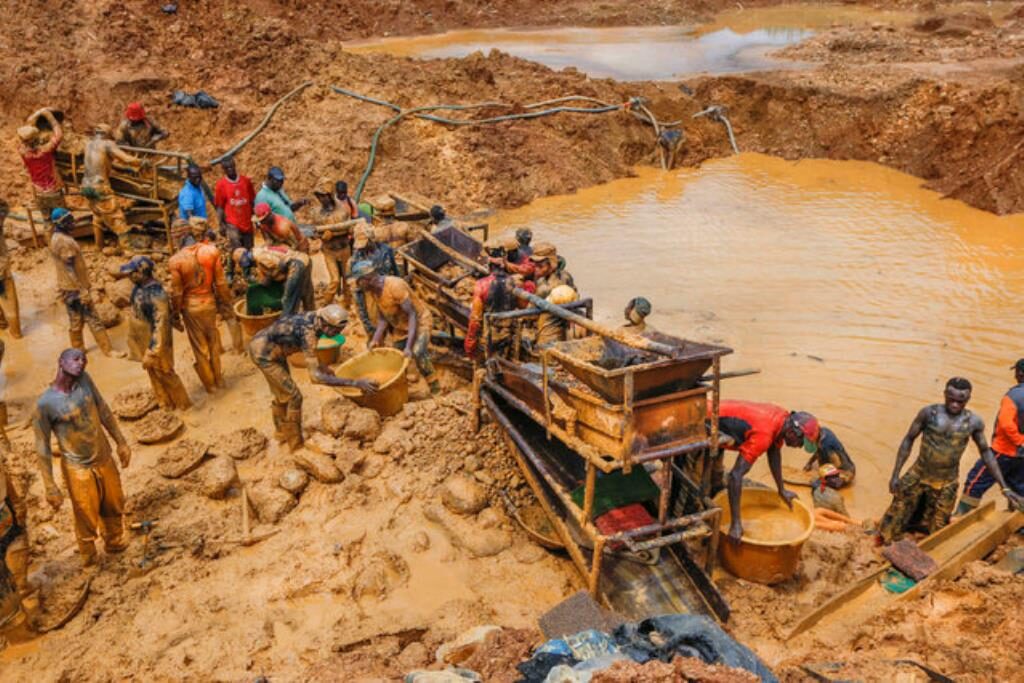
Subsequently, Ghanaians were to be awakened to the rude shock of some government appointees being accused of being heavily involved in the illegal mining activities. We had District Chief Executives who were now showing open support to illegal mining clearly contradicting government position. One such DCE (William Asante Bediako of Amansie South) who did this was removed from office in July 2020 for openly declaring his support for ‘galamsey’.

Interestingly, he reinstated within two weeks of his dismissal. What was the government seeking to communicate as far its fight against ‘galamsey’ was? How persons appointed to check illegal mining ended up themselves either undertaking the same illegal mining or profiting from same was a huge indictment on the government led by Nana Akufo-Addo.
Tried as the civil society organizations that had teamed up to assist government fight the menace complained, nothing happened beyond throwing of tantrums by sector Ministers whose job it was to deal with it in the first place.
The posturing of government party leadership over the last four years has been anything but desirable. Point out an area that requires government attention and you’d be reminded that the government was the best thing that had ever happened to Ghana. It had provided One-District, One-Factory; Free Senior High School programme; One-District, One
Warehouse; One Constituency, One-Ambulance; etc. indeed, as remarkable as these interventions were, it was clearly abusive to have them as answers to every problem that was raised by any Ghanaian.
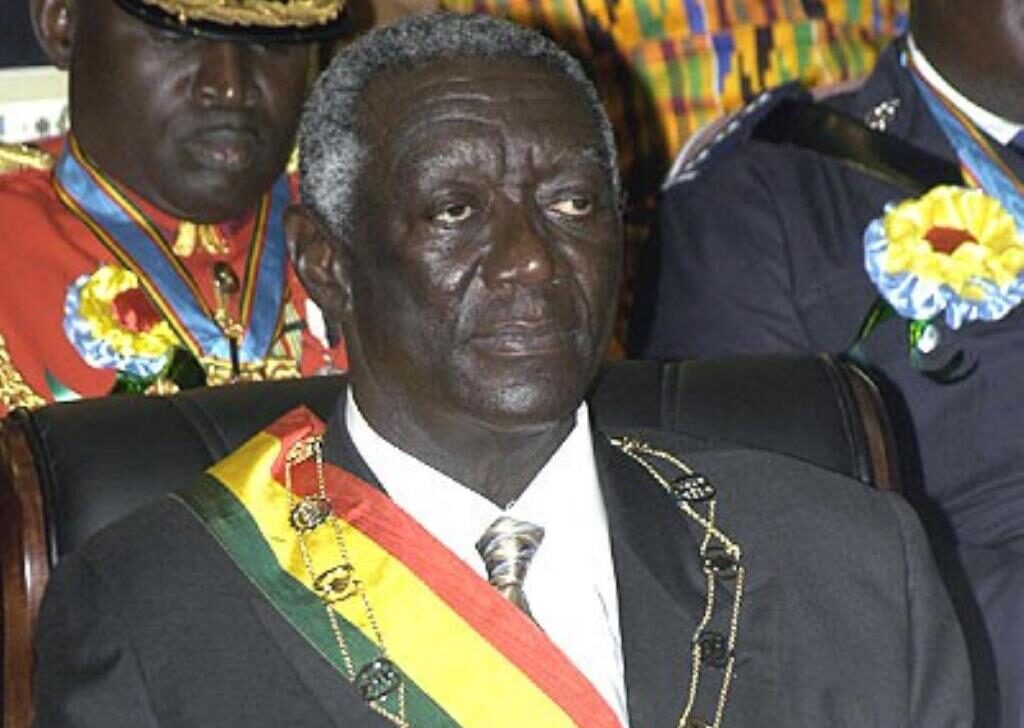
It is an acknowledged fact that one of the most glaring failures of the Kufuor-led government between 2001 and 2009 was its inability to effectively communicate its successes in the roll-out of government policies. It was therefore expected that the NPP would have learnt useful lessons for its successor government. Alas, this was not to be. In the initial months of the government, communication as led by Dr Mustapha Hamid struggled until the re-shuffle that brought in Hon. Kojo Oppong Nkrumah. He did extremely well as the communication face of government but the party’s front suffered a huge dent with incoherent communication which flew in the face of what the government communication front did.
Sadly, they left it hanging till the very dying embers of the election when Nana Akomea of STC and one or two others were plucked back to deal with that. Right from its outset in 2017, the government seemed to have embarked on a campaign to rehabilitate its party’s forbears. It appears as though government was not comfortable with the imbalance in national acknowledgment. From nowhere, most speeches of the President were always quick to recount the sacrifices and contributions of our independence fathers which were now listed to include Dr J.B. Danquah, Tolon Naa, His Lordship Justice Edward Akufo-Addo, Emmanuel Obetsebi-Lamptey, William Ofori-Atta, Paa Grant, etc. Ghanaians expressed a bit of disquiet but nothing much changed.
Beyond the speeches, renaming ofsome national facilities and institutions was undertaken. At a point, it was even rumoured that an attempt was being made to rename the University of Ghana after either Dr J.B.Danquah or Dr Kofi Abrefa Busia. The faculty of the University would have none of this and made some noises which effectively placed the move on ice.
As if this is not enough, the government sought to alter the Holidays Act. This was to de-emphasize July 1 st as Republic Day in favour of January 7 th as Constitution Day, deemphasize September 21 st as Founder’s Day in favour of August 4 th as Founders Day, thus making September 21 st Kwame Nkrumah Memorial Day. Quite a number of Ghanaians were clearly not enthused about these developments and saw them as unnecessary but government thought otherwise and pushed through their intentions. It then instituted some lectures on August 4 which has since had Rt. Hon. Prof. Aaron Mike Oquaye as the lecturer. On all occasions, government had sought to emphasize the fact that our independence history did
begin long before the arrival of Dr Kwame Nkrumah and that even though he played a very major role in the struggle, others had equally done same and deserved equal recognition as founders of Ghana. Was this really necessary? Was this a deliberate attempt at rewriting history or straightening up or history, many questioned? Time was going to tell!
Finally, the government appeared to have lost a lot of steam in its sustenance of human rights for its citizens. In his inauguration address, the President had appealed to Ghanaians to speak up and be counted where it mattered most, “I ask you to be citizens: citizens, not spectators; citizens, not subjects; responsible citizens building your communities and our nation. Let us work until the work is done”. Surprisingly, this did not find expression when it mattered most. Many heads of civil society organizations were bastardized by NPP leaders and hangers-on without any rebuke from government.
A time came when anti-corruption activists such as Manasseh Awuni Azure complained on international platforms of not being safe in the country because of his writings as a journalist. Another journalist (Ahmed Hussein Suale) had been killed in cold blood after being part of a Tiger Eye PI team that had undertaken very high level investigations in corrupt and shady deals. To date, nothing much is known about the status of the case.
Clearly, for a government that was being led by an acclaimed Human Rights Lawyer, this was unpardonable. Be it as it may, government seemed comfortable and defended the status-quo, to the frustration of many Ghanaians. Interestingly in all of these, government appeared comfortable that all was well, until the elections spelt its waterloo.
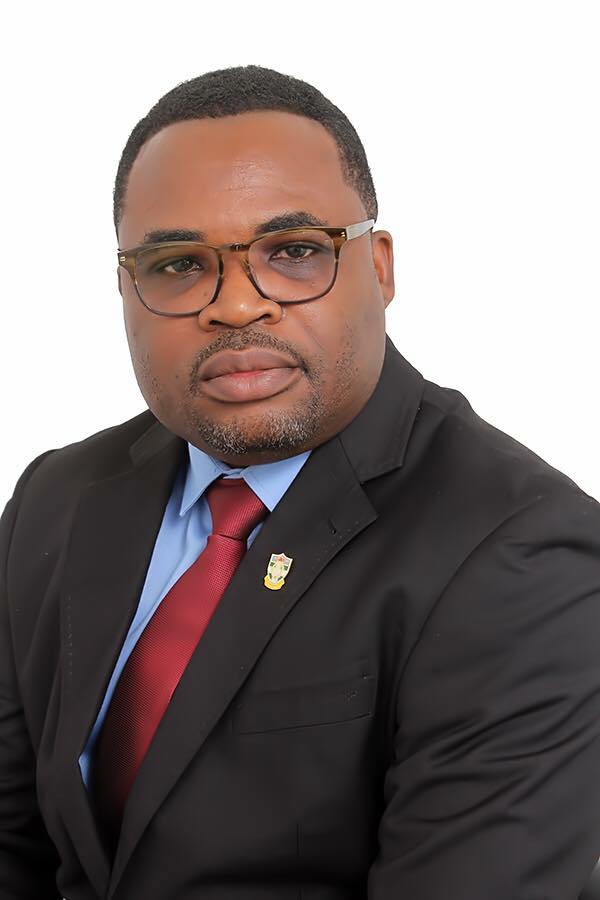
My dear friend,

